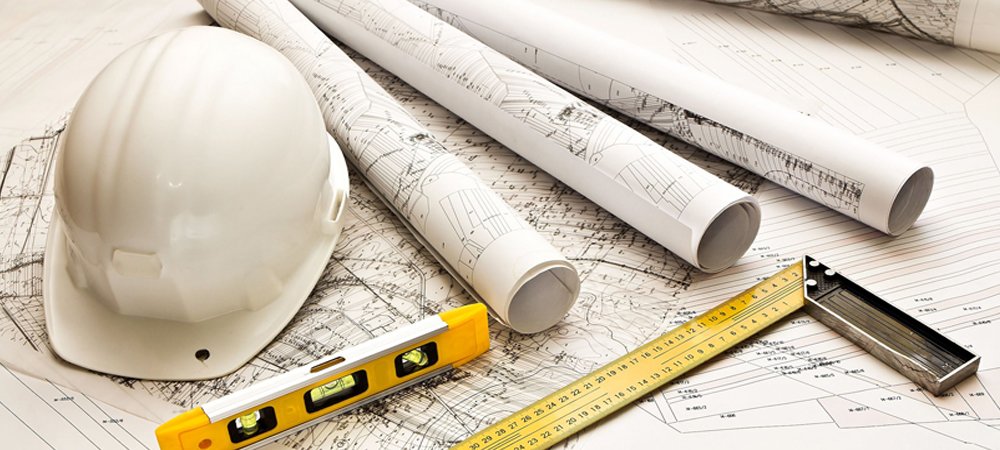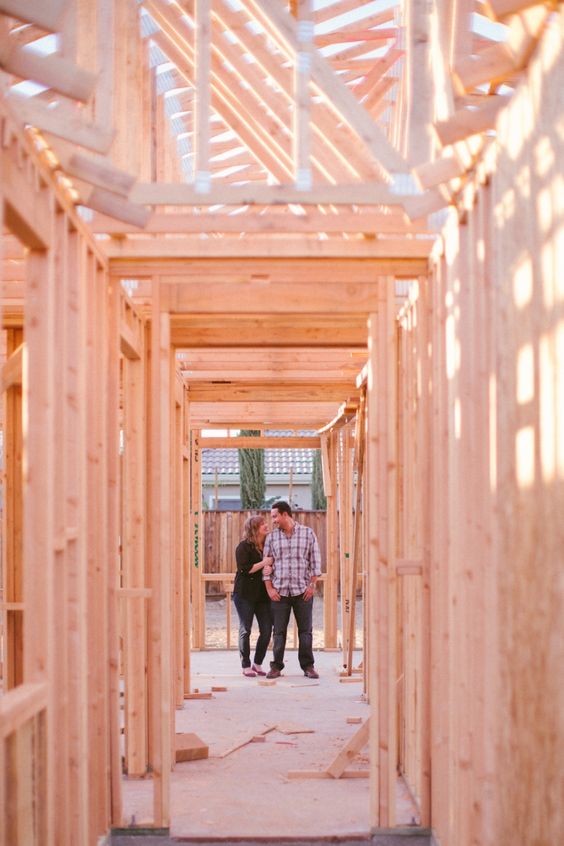Homeowners’ Association (HOA) fees are a common part of owning property in many communities, particularly in condos and planned developments. While these fees help maintain community standards and provide shared amenities, they can also be a considerable expense. If you’re considering buying a property within an HOA, it’s crucial to ask the right questions about these fees to avoid unexpected costs and ensure you’re getting good value. Here are what we consider to be part of the top five essential questions to guide your understanding.
What Services and Amenities Are Covered by the Fees?
HOA fees typically cover the upkeep of common areas like landscaping, pools, clubhouses, and security. However, the specific services included can vary greatly among different HOAs. Some may also include utilities, insurance, or even reserves for future repairs. Before committing to a property, ask for a comprehensive list of what the fees cover to ensure they align with your expectations and lifestyle.
How Are the Fees Determined, and Can They Change?
Understanding how HOA fees are calculated and their potential to change is key. Some HOAs charge a flat rate for all units, while others base fees on square footage or property value. It’s also essential to ask about fee increases—how often they happen, what triggers them, and whether there’s a cap. Reviewing the HOA’s financial history can give you insights into its stability and whether fees are likely to rise.
What Are the Rules and Restrictions?
HOAs often have a set of rules and regulations that homeowners must follow, known as covenants, conditions, and restrictions (CC&Rs). These rules can impact everything from pet ownership to exterior paint colors. Ask for a copy of the CC&Rs to understand what is expected of you as a homeowner. This will help you avoid future conflicts or violations that could lead to fines or additional costs.
What Is the Reserve Fund, and How Is It Managed?
A well-managed reserve fund is crucial for covering large-scale repairs and replacements in the community. Ask about the size of the reserve fund, how it’s invested, and whether there have been any recent assessments to cover unexpected costs. A healthy reserve fund indicates that the HOA is financially stable and can handle future expenses without requiring significant fee increases or special assessments.
How Does the HOA Handle Conflict and Governance?
Finally, understand the HOA’s governance structure and how it resolves conflicts among homeowners or between homeowners and the board. Ask about the process for electing board members, the frequency of meetings, and how homeowners can participate. A transparent and inclusive governance structure often leads to a more harmonious community.





